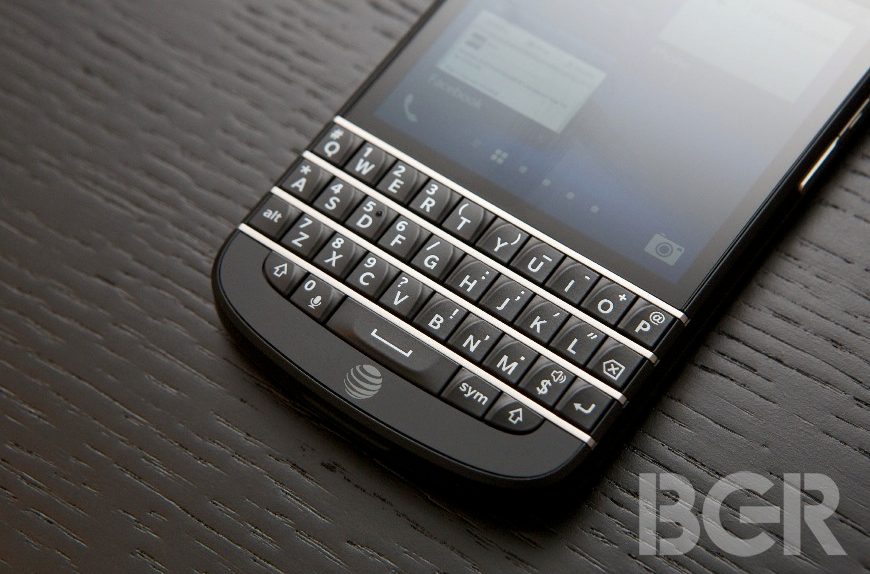Former BlackBerry vice president of foresights Jason Griffin has a lot of first-hand experience with market disruption. After all, his former company has served as a prime example of both a disruptor and a disruptee over the last decade since it first disrupted the traditional mobile phone market and then found itself disrupted by the iPhone and later Android. In an essay posted on Medium, Griffin reflects on what made the first-generation iPhone so disruptive and he makes some points that we’d never considered before.
DON’T MISS: Stop Windows 10 spying dead in its tracks with one free app
Essentially, Griffin thinks that Apple’s best decision when designing the first-gen iPhone was to include Wi-Fi connectivity that freed it from having to rely on AT&T’s old 2G EDGE network. This was important because it showed just what the iPhone would be capable of with a faster wireless network that would eventually come once Apple released the iPhone 3G in 2008.
“On a WiFi network browsing on the Safari browser and using Google Maps was a transformative experience where people could now see the future of smartphones,” he explains. “The compelling aspect was browsing the full internet on a phone that is in your pocket but not actually using the mobile phones network to do it.”
It’s worth noting here that BlackBerry’s first effort at making a touchscreen-only device, the BlackBerry Storm, lacked Wi-Fi connectivity all together. While the Storm had many, many, many more problems than just a lack of Wi-Fi access, it certainly didn’t help matters any that it was missing this important feature.
Read Griffin’s full post on the nature of disruptive innovation by following the link down in our source section.





